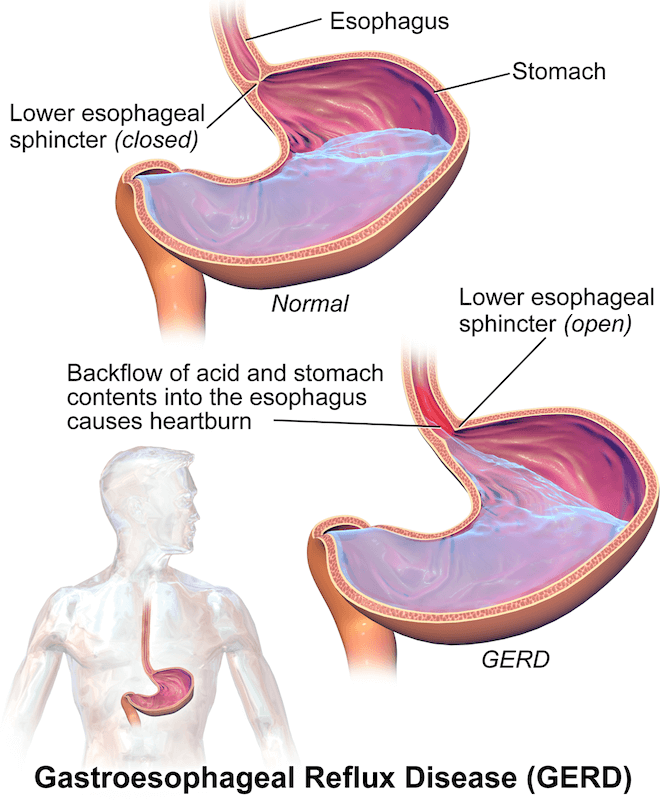Acid Reflux, also known as gastroesophageal reflux disease (GERD), is a common condition that affects many people worldwide. It is characterized by a burning sensation in the chest and throat caused by the regurgitation of stomach acid into the esophagus.
Diagnosis and Symptoms
Acid Reflux is diagnosed by a healthcare professional based on symptoms such as heartburn, chest pain, coughing, and difficulty swallowing. Our gastroenterology clinic in Dubai offers a range of diagnostic tests including endoscopy, barium swallow, and pH monitoring to determine the severity of the condition and help determine the best course of treatment.
Treatment Options
Our team of experts offers a range of effective treatments for acid reflux. These include lifestyle changes such as eating smaller, more frequent meals, avoiding triggers such as spicy or fatty foods, and avoiding lying down after eating. Medications such as antacids, proton pump inhibitors (PPIs), and H2 receptor blockers may also be prescribed to relieve symptoms.
REQUEST AN APPOINTMENT
A member of our team will reach out to you & quickly get you booked in for an appointment with the most relevant member of our Gastroenterology team.
Acid Reflux in Children
Acid reflux can also affect children, particularly those under the age of 12. Symptoms in children may include heartburn, frequent vomiting, coughing, and hoarseness. Our team of pediatric specialists will work with you to determine the best course of treatment, which may include lifestyle changes, medication, or surgery in severe cases.

Gastroesophageal Reflux Disease (GERD) is a chronic condition in which stomach acid and other contents of the stomach frequently flow back into the esophagus (the tube that connects the mouth to the stomach), causing discomfort and irritation. GERD can be caused by a variety of factors including a weakened lower esophageal sphincter (LES), hormonal changes, obesity, and certain foods and drinks.
The LES is a ring of muscle at the bottom of the esophagus that opens to allow food and liquid to pass into the stomach, and then closes to prevent stomach contents from flowing back into the esophagus. When the LES is weakened, it can't close properly, allowing stomach contents to flow back into the esophagus and cause GERD.
Common triggers for GERD include acidic foods and drinks, caffeine, chocolate, alcohol, fatty and spicy foods, and large meals. Smoking and stress can also contribute to the condition. Anyone can develop GERD, but it is more common in people who are overweight or obese, pregnant women, and those who smoke or consume alcohol. People who have a hiatal hernia or a family history of GERD may also be more susceptible to the condition.
MEET OUR GASTROENTEROLOGY TEAM
Sorry, we couldn't find any posts. Please try a different search.
PARTNERING WITH LEADING
MEDICAL INSURANCE PROVIDERS
We work with leading medical insurance providers in the country, if you have any questions or queries just give us a call on 8008254268.














